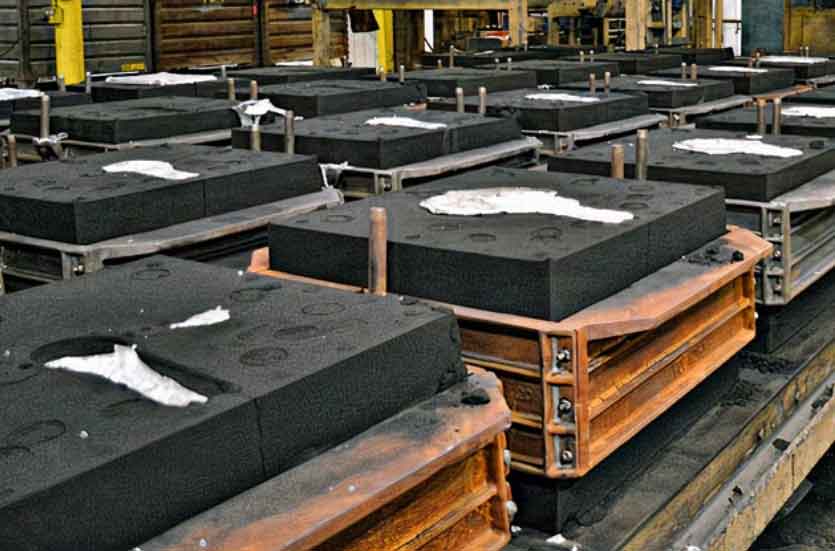
Resin sand casting plays a crucial role in aerospace engineering by meeting high standards for safety, reliability, and performance. The aerospace industry demands components and parts that adhere to strict quality and safety standards due to the critical nature of aircraft and spacecraft operations. Resin sand casting offers several advantages that make it a suitable choice for producing aerospace components:
1. Complex Component Design:
- Aerospace engineering often involves the production of complex components with intricate shapes and geometries. Resin sand casting enables the creation of such intricate parts with high precision, ensuring they meet the stringent design requirements.
2. Dimensional Accuracy:
- Resin sand casting delivers excellent dimensional accuracy, ensuring that aerospace components are manufactured with precise measurements, minimizing any potential variations.
3. Material Versatility:
- Aerospace applications require a wide range of materials with specific properties. Resin sand casting accommodates various metal alloys, including aluminum, titanium, and high-strength steels, allowing the production of components with the necessary mechanical properties for aerospace use.
4. Mechanical Properties:
- The mechanical properties of resin sand cast components, such as strength, ductility, and fatigue resistance, can be optimized by selecting appropriate materials and process parameters, meeting the demands of aerospace applications.
5. Weight Reduction:
- The ability to create complex shapes and optimize material use through resin sand casting contributes to weight reduction in aerospace components, leading to fuel efficiency and increased payload capacity.
6. Reliable Manufacturing Process:
- Resin sand casting has a well-established and reliable manufacturing process that has been refined over many years, ensuring consistent and repeatable results.
7. Non-Destructive Testing (NDT):
- Resin sand cast components can undergo non-destructive testing (NDT) methods, such as X-ray inspection and ultrasonic testing, to detect internal defects and ensure the structural integrity of critical aerospace parts.
8. Traceability and Quality Assurance:
- Resin sand casting allows for traceability and quality control throughout the manufacturing process, ensuring that aerospace components meet the required industry and regulatory standards.
9. Cost-Effectiveness:
- Resin sand casting can be cost-effective for producing aerospace components, especially for low to medium production volumes, making it an attractive option for certain applications.
10. Material Compatibility:
- Resin sand casting is compatible with a wide range of aerospace materials, including those that are highly resistant to extreme temperatures and corrosive environments, which are common in aerospace applications.
Due to these advantages, resin sand casting continues to be a reliable and trusted method for producing critical aerospace components that meet the highest standards for safety, reliability, and performance. The aerospace industry relies on resin sand casting to manufacture a wide range of parts, from engine components and structural elements to landing gear and aerospace instrumentation.
